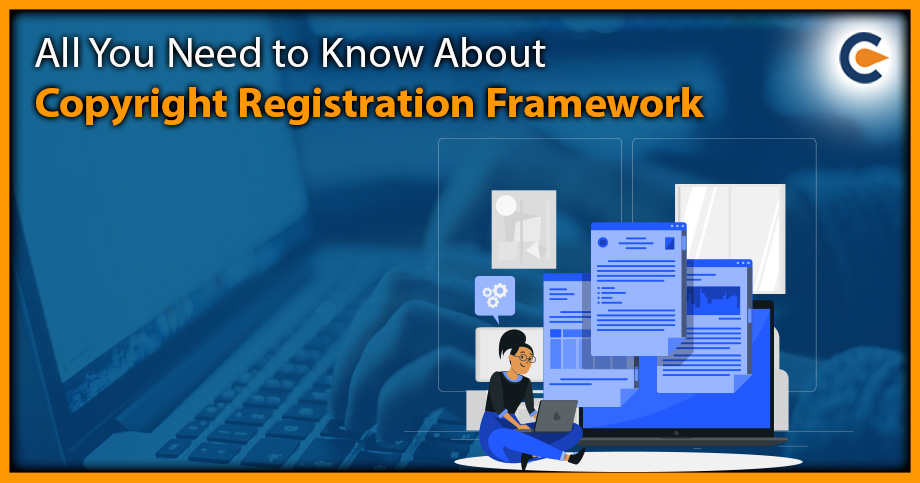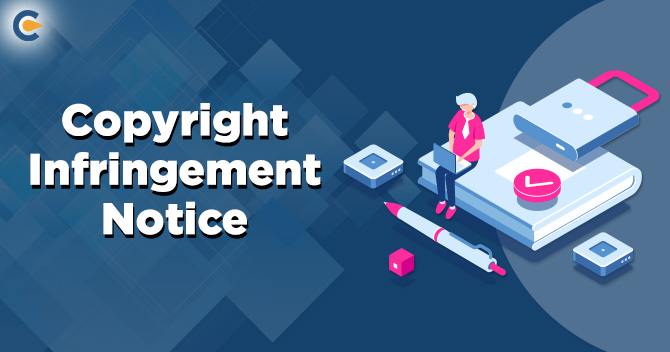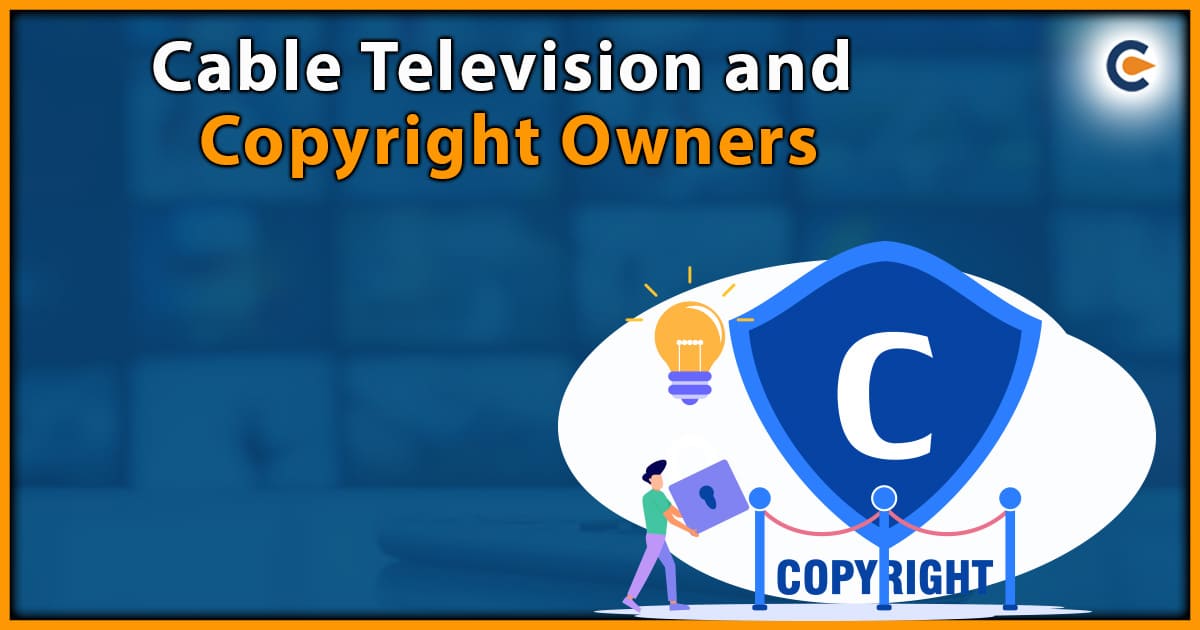It is crucial for an individual or a company to protect their intellectual property rights. Moreover, an artist must protect his or her work so that no one can use it in their own name. Copyright is a right that is automatically generated as soon as you create any original work. Still, it is advisable to get a copyright registered to obtain legal rights. The main aim of this blog is to address copyright-related topics. Additionally, the ability for anyone to create exact copies of online content and the simplicity with which copies can be distributed encourage abuse, unauthorised distribution, counterfeiting, and exploitation. We will learn about the Copyright Act[1], the Copyright Registration Framework, who is qualified for it, and why it is necessary in this post.
Copyright Protection
Although ideas and knowledge are not protected by copyright on their own, it does protect how those ideas have been uniquely expressed. Copyright only covers intellectual, dramatic, musical, and artistic works. The privileges enjoyed by each of these groups varied.
The autonomous creation of comparable projects is not covered by copyright legislation. For some works, such as movies, broadcasts, and digital products, there may be several copyrights, making legal action against infringement more challenging.
Unlike other property rights, copyright is not granted by registration; instead, it develops spontaneously as a result of giving the original work a concrete shape. Depending on the type of work and whether it has been published, this legal right often lasts for the founder’s lifetime as the author. A copyright declaration that includes the name and date of the creator is not necessary, but it may help you to demonstrate your rights.
The inventor is always protected by copyright law, whether permanently or just temporarily, even after licensing the work to others. Ethics allow the owner to keep his name on the work forever and protect him against any alteration or manipulation of the work and any other unfavourable act connected to the work that would damage the artist’s reputation. The conditions for copyright law are listed below: –
- The work must be original, which implies it must not have been plagiarised; it must have been created for the first time.
- It must be quantifiable in some manner; the display of the work must be instructive and aesthetically pleasing, and it must be recognisable in a certain shape or structure.
- The initial printing – It wasn’t appropriate to publish an original idea before it was finished.
- The author must have been an Indian citizen at the time of death if the project was accepted in India. Material published after the author’s death.
Steps of Copyright Registration Framework
The copyright registration framework requires the following steps to be followed:
- Proposal Submission
Firstly, the copyright owner, application, authorised agent, and holder of certain rights is required to submit an application regarding appeal to the Copyright administration either by post or by using the e-filing platform service of the government.
For every new project, you are required to submit a fresh application to the registrar along with details of the project. Moreover, as different applications require different charges, you are also required to submit the accurate charge for your application.
- Evaluation of the Application
Now the second step of Copyright Registration Framework is evaluation of the application. So, after submission of the application, the examiner checks the application in the thirty-day time frame to ensure there are no mistakes in the application. In case there are no mistakes in the application and the applicant has submitted all the documents properly with the application. Now, the applicant will be able to proceed with the next step.
If any mistakes are found in the application, then a notice will be sent to the applicant. Then, the applicant is required to submit his response, and he is supposed to be present at the hearing. If the examiner finds that th response is valid after the completion of the hearing, only then the applicant can move ahead to the next step.
- Registration
This is the last step of Copyright Registration Framework, and it is performed only when the copyright secretary is satisfied with the documents submitted by the applicant. Moreover, he has all the reasons to believe that the copyright claim is correct. Additionally, the applicant may be asked to submit a few more documents at this stage. Now, on complete satisfaction, the secretary will mention the details of the invention in the copyright record along with providing the approval letter to the applicant.
What Is The Need For Copyright Protection?
Once you invent something, it is important to protect it so that no other person can use the same thing in his own name. Now, it is important to note that licensing only protects the concept, not the source of your concept. This means that anyone else may create a different concept by using the same source.
When you have copyright protection for something, it does not in any sense mean that no one else can copy it, but you can take legal action against the one who is using your unique creation without your permission.
Copyright law is important to protect the creation or invention of a person. As innovation is important for a country to grow and nurture. Therefore, there is also a need to preserve the creation and the creator’s rights. Therefore, the performance rights in the Copyright law are important as it protects the copyright owner’s right and provides minimum protection to the work of the creator along with ensuring the protection of the work and providing compensation.
Innovation is crucial for the socioeconomic growth of society today. The notion of property as a valuable tradition that may be passed on as part of an inheritance is another. In the event of literary, musical, or creative works, copyrights may continue to be in effect for 70 years following the death of the creators and for around 50 years in the case of transmission or publication.
Who Is Eligible For Getting Copyright Protection?
Existing works of literature, theatre, music, and the arts are protected by copyright for the duration of their authors’ lives plus 70 years after their deaths. According to many researchers, the time period is 60 years after the previous creator’s passing.
A work’s copyright is valid for 60 years from the date of publication.
Both the creator of the work and the party that purchased the rights to the original content may assert ownership. In this instance, the individual is not acknowledged as the author of the piece. The business is highlighted on the label.
Two persons who contribute to a work of writing share ownership rights unless the person specifically agrees otherwise. There are no upper age limit for gaining ownership. Additionally, a minor may enlist in one of them.
- The creator of the composition.
- Anyone asserting they are the legal successors to the original creator
- The aforementioned individuals were given permission for a representative to speak up.
Conclusion
The primary requirement for societal growth is innovation. Innovation support encourages sustainable development. Copyright protects individuals’ ideas and provides authors and composers with motivation. Your works are open to duplication, modification, publication, and redistribution. Although it might seem straightforward, copyright registration is a time-consuming but essential process that could take a year. You should definitely register your copyright. This is so that it can continue to serve to safeguard your interests even after your death.
Read Our Article: Copyright Registration In India – Process, Requirements And Duration











